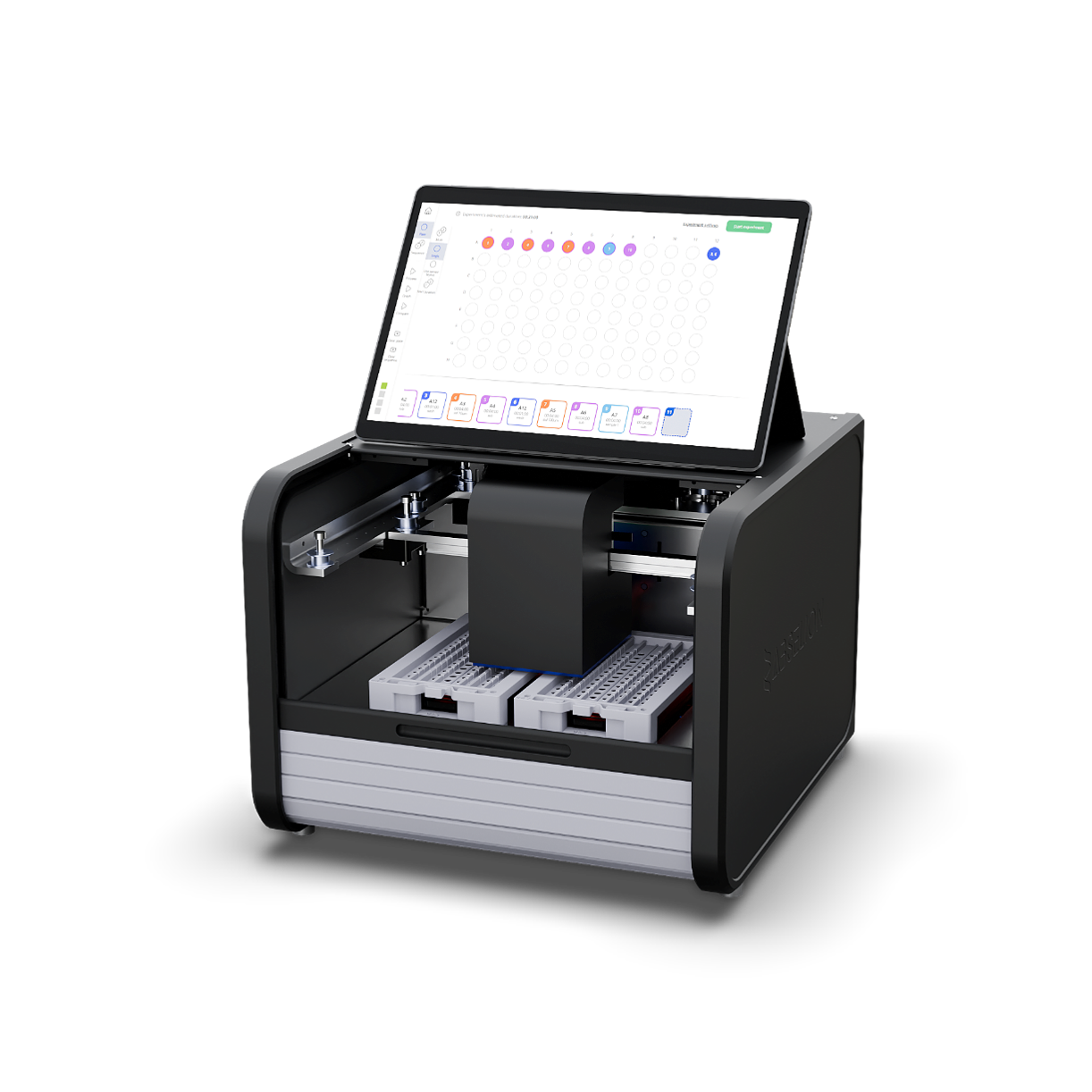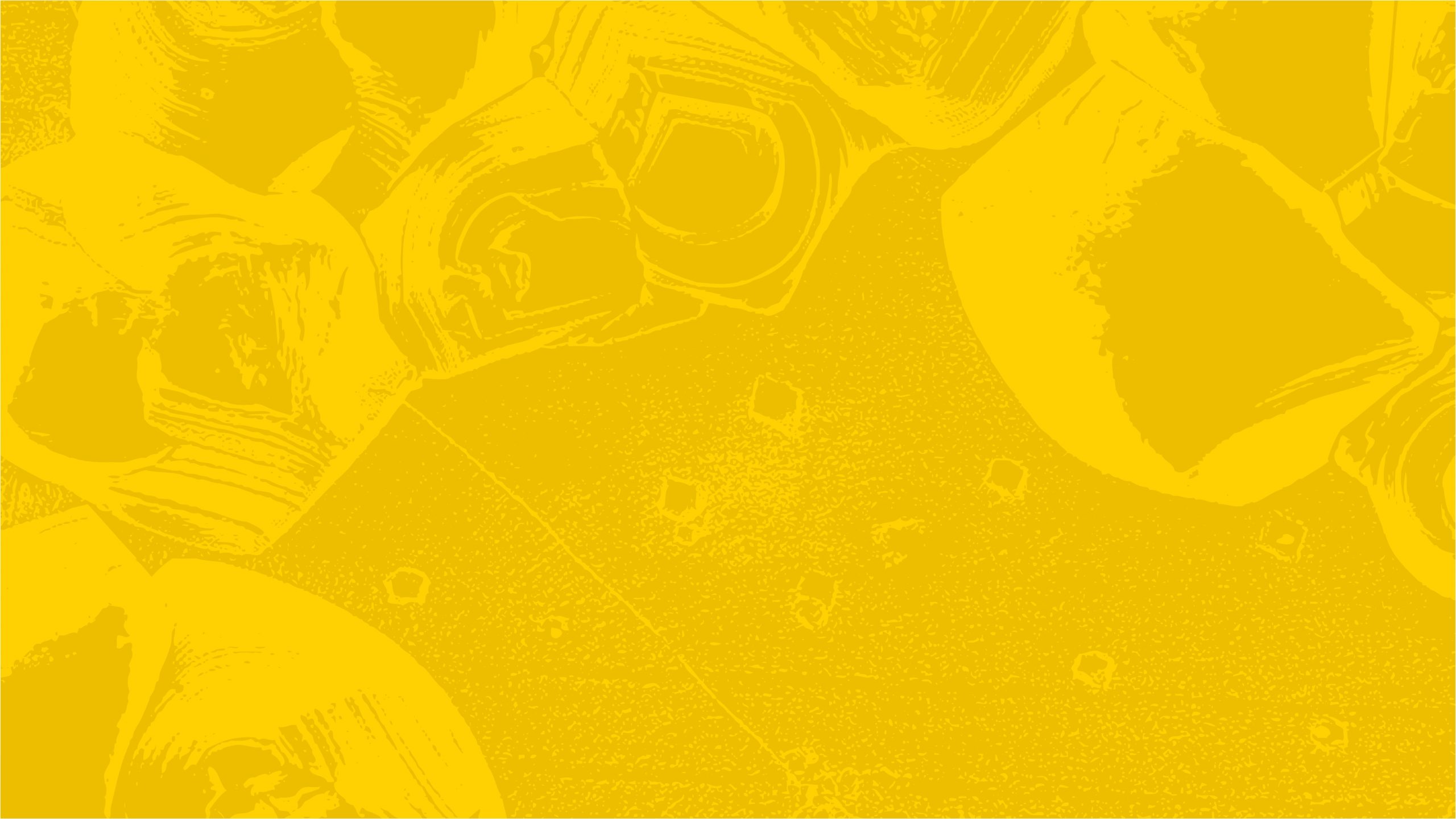Overview
Through Royce’s Industrial Collaboration Project (ICP) and in partnership with the University of Cambridge, Abselion (formerly trading as HexagonFab) has developed a novel method for biopharmaceutical analytics. This project has led to the development of a standardisation process that has been validated by pilot customers.
Traditionally, biopharmaceutical analytics rely on offsite lab analysis, resulting in delays and limited real-time insights.
Abselion’s at-line instrument offers rapid, automated analysis, significantly improving efficiency. Building on this capability, the company has expanded its technology from purified to crude samples with the development of the Au-sensor. Leveraging expertise from the University of Cambridge, Abselion optimised the sensor surface functionalisation process, which is crucial for accurate measurements.
About the Project
The production of novel biopharmaceutical therapeutics, such as monoclonal antibodies, is hindered by poor process analytics. The current standard involves sending samples offsite to specialised labs for analysis; however, this workflow suffers from long turnaround times and provides little process insights. Abselion has developed an instrument enabling at-line analytics during the production of novel therapeutics. Rather than sending samples to a separate facility, the operator simply inserts the sample into a benchtop instrument, which performs fully automated analysis in less than 20 minutes.
To date, Abselion’s instrument has been limited to purified samples, which are typically used in later stages of production. To expand the application scope, Abselion has been developing a new product, the Au-sensor. This sensor is compatible with crude samples found in the early stages of production processes and allows Abselion to cover the full spectrum of analytical needs in biopharmaceutical production.
To achieve this goal, Abselion partnered with the University of Cambridge through the Royce Industrial Collaboration programme. Key to achieving the requirements of the Au-sensor is a high-quality surface coating, i.e. surface functionalisation. Both high sensitivity and specificity are essential for the sensor to accurately measure crude samples, making surface functionalisation a critical factor.
With expertise from the University of Cambridge, the initial surface functionalisation process of Au-sensors, originally invented by Abselion, was analysed through X-ray Photoelectron Spectroscopy (XPS). This knowledge is critical for identifying the optimal production processes for ideal density, orientation, and structure of the surface functionalisation.

During the project, Abselion fabricated and supplied Au-sensor samples subjected to a variety of process conditions. These were analysed by the University of Cambridge with a combination of methods, including Royce XPS facility at the Maxwell Centre. Through an iterative process of analysis, process improvement and repeated analysis the optimal production processes were identified.
The outcome of the project was the establishment of a standardised production process. This process has been put into place as the standard production process of the Au-sensor. Prototypes have been deployed with pilot customers, who have validated the results.
The Au-sensor was officially launched as Abselion’s second product in June 2024, with its announcement at the ESACT 2024 conference in Edinburgh.
Collaborators
The work was enabled through use of the facilities at the University of Cambridge Maxwell Centre and due to a grant from the Henry Royce Institute’s Industrial Collaboration Programme.
""The Royce Industrial Collaboration Programme has enabled Abselion to access some of the best analytical equipment available in the world, allowing for the development of a new generation of products, which would have been impossible without the facilities and expertise available at the University of Cambridge.""
Ruizhi Wang
CEO, Abselion



